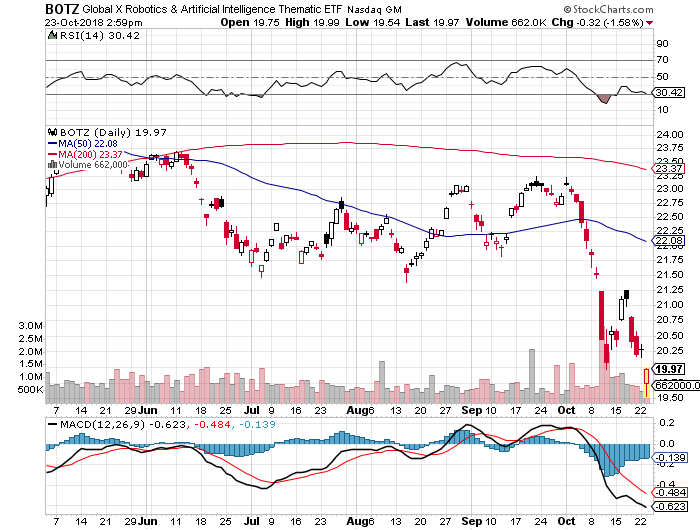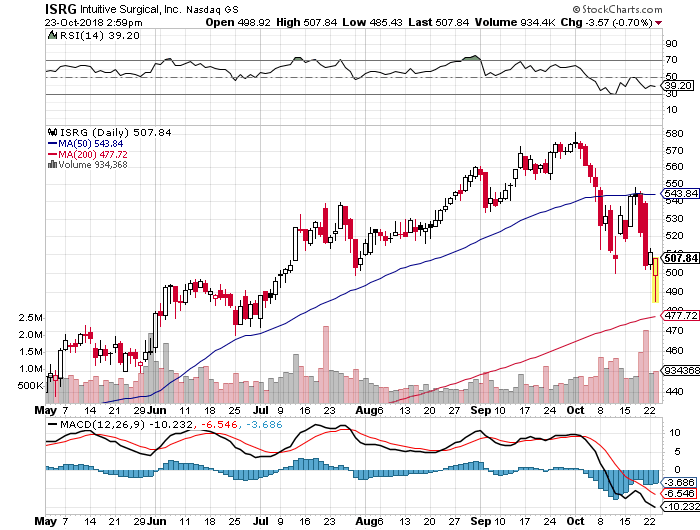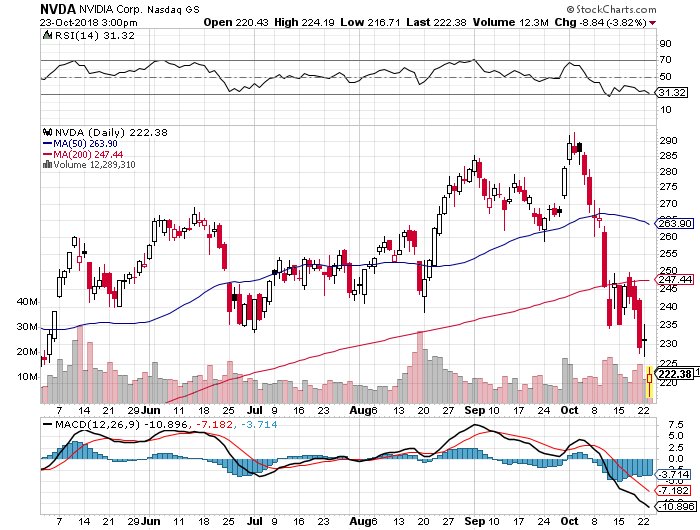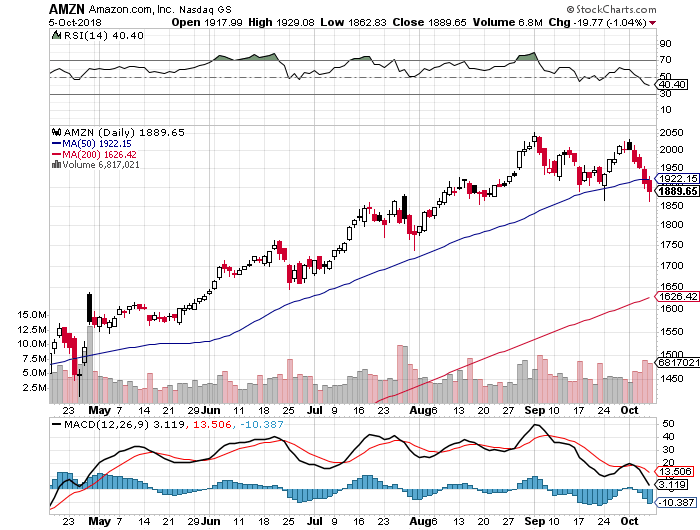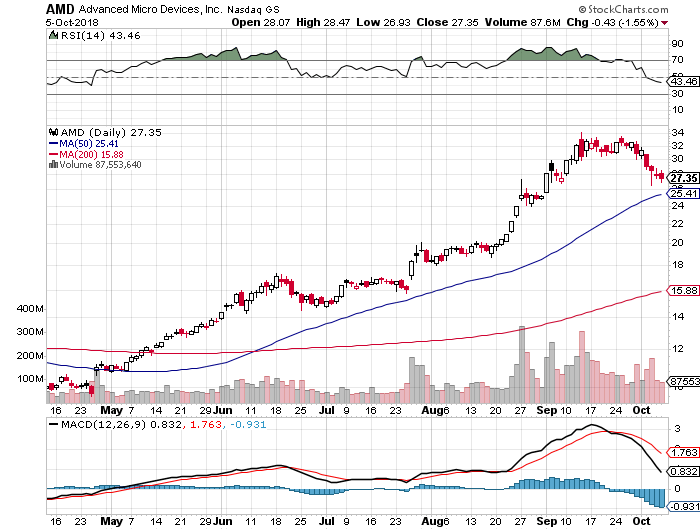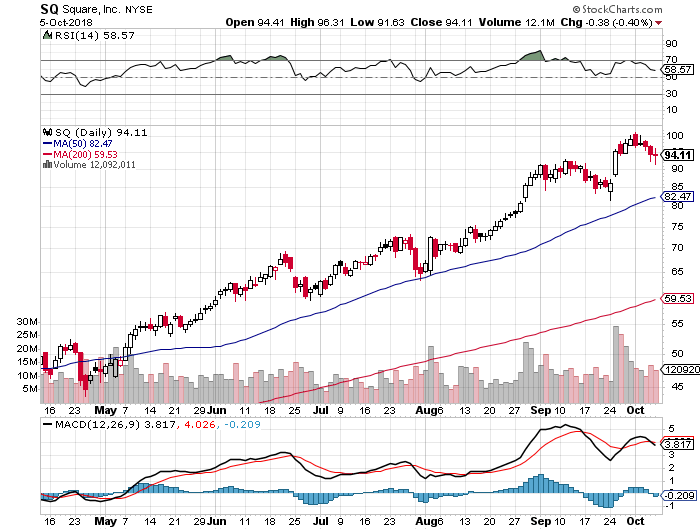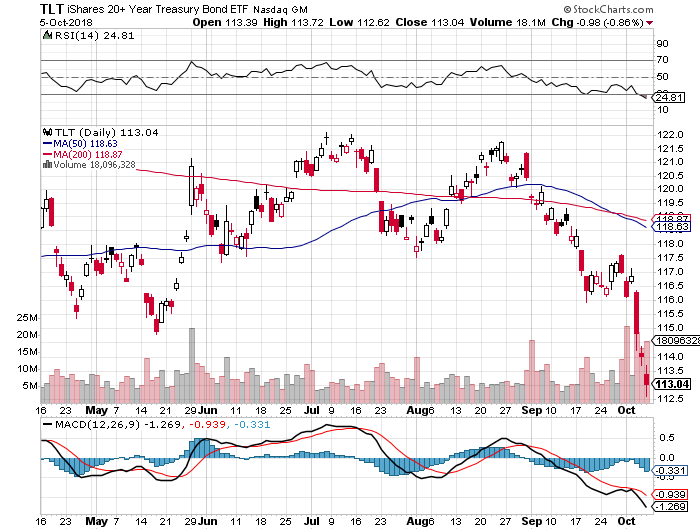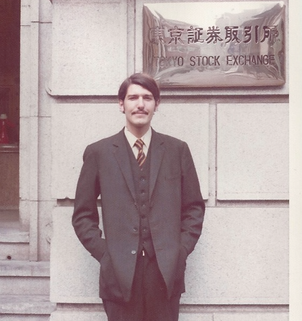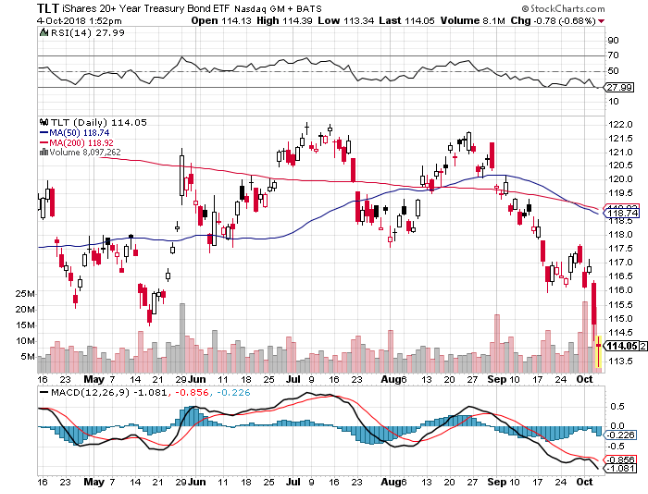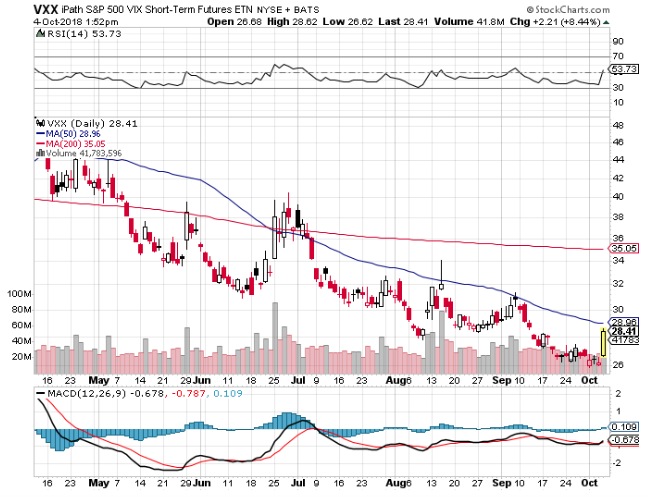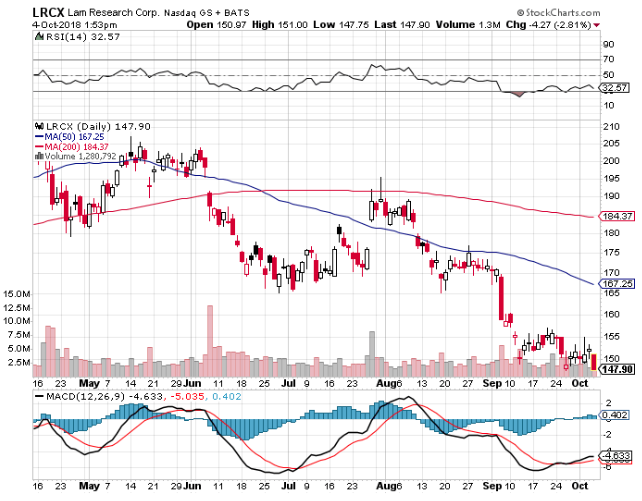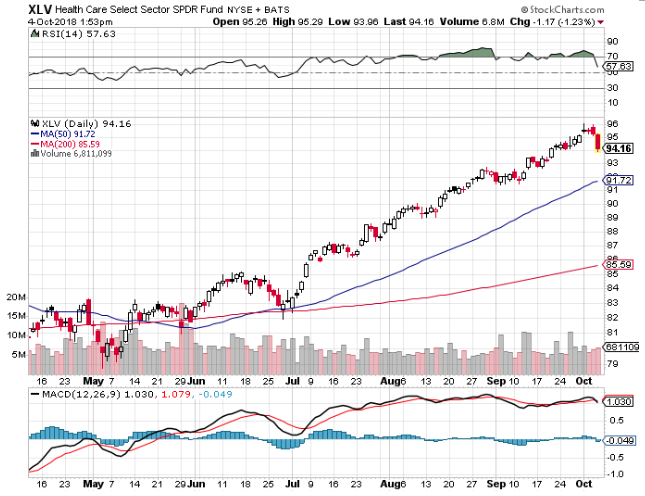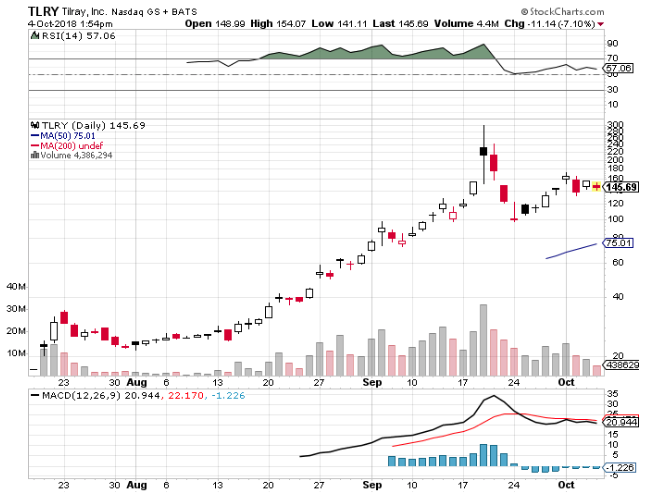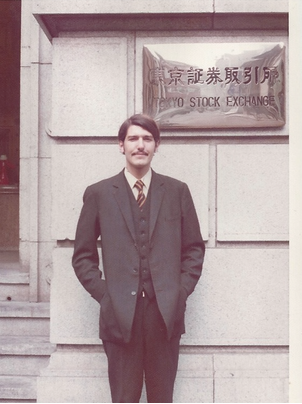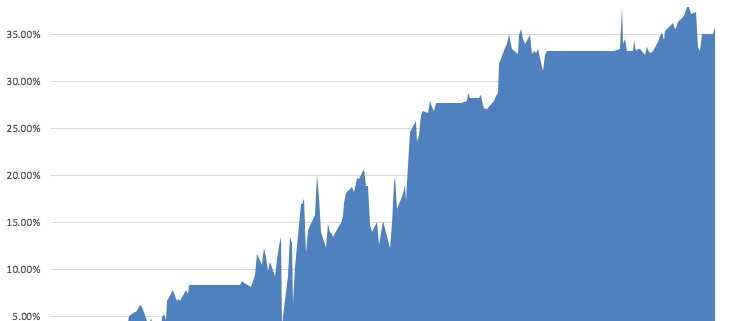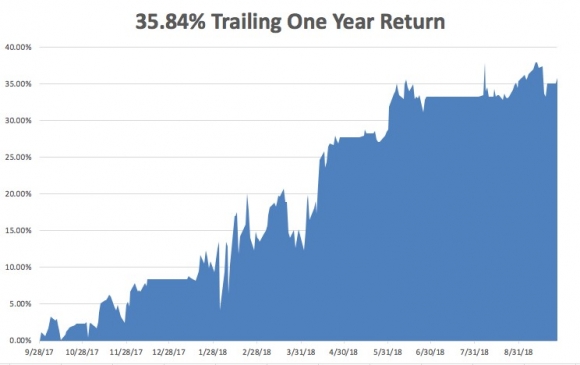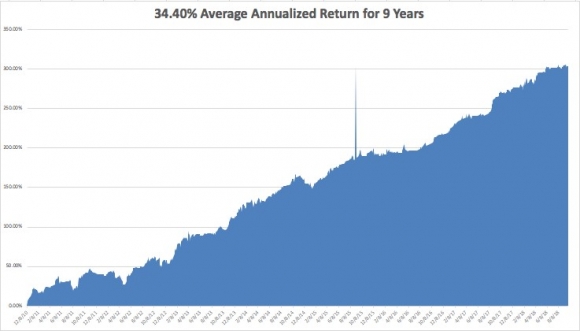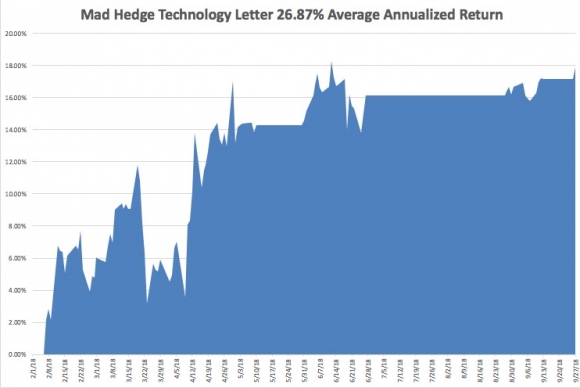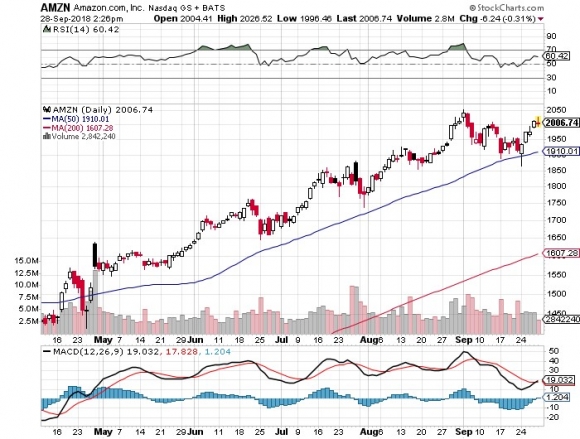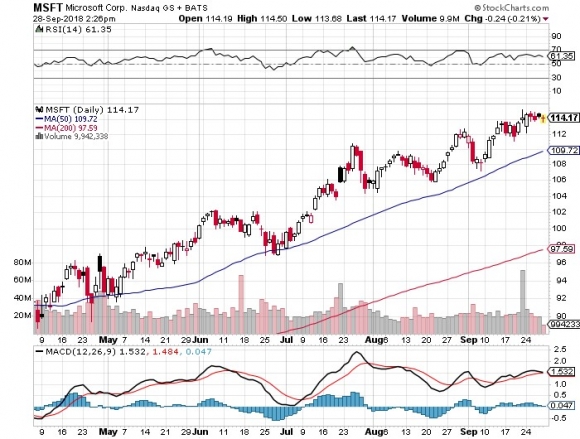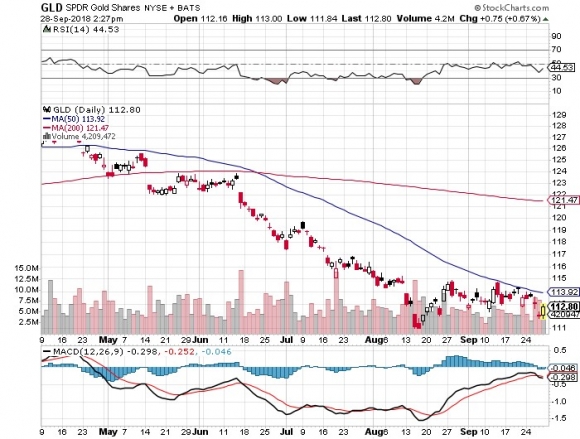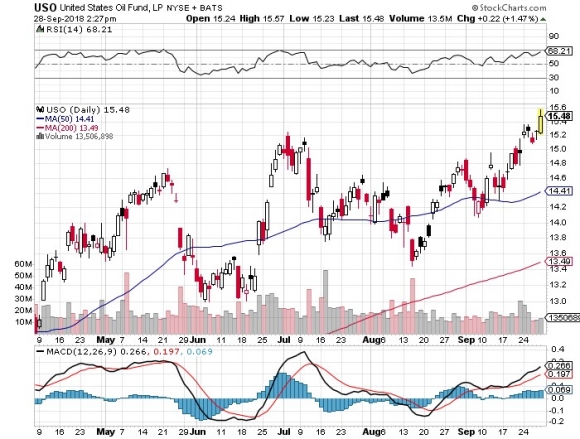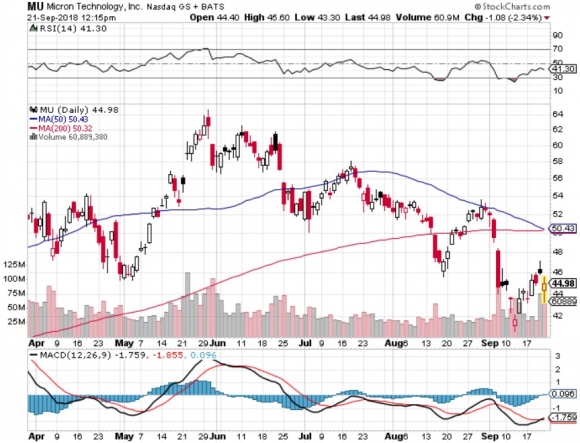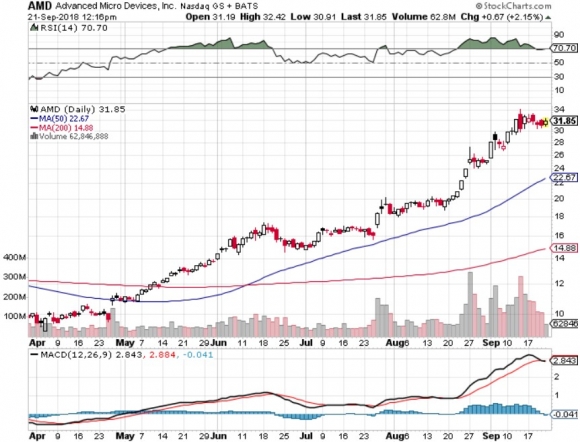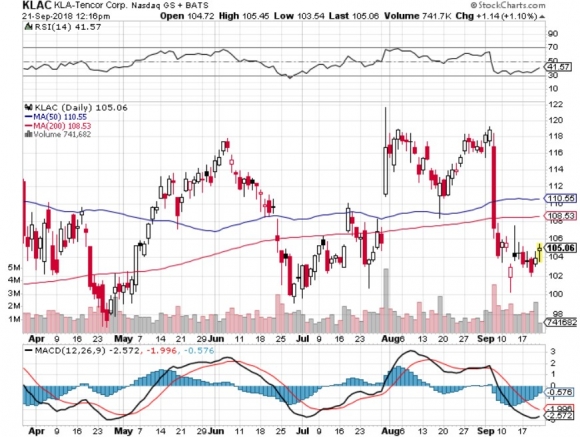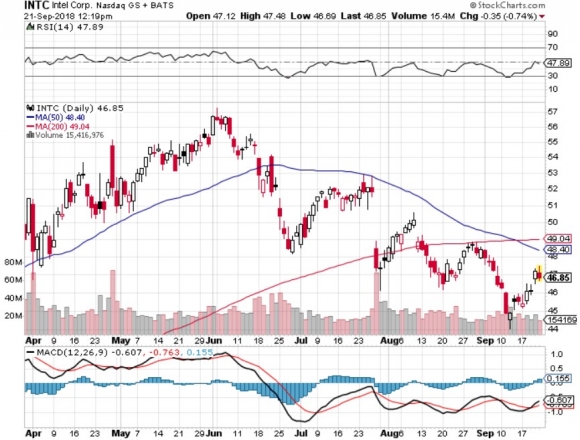Suppose there was an exchange-traded fund that focused on the single most important technology trend in the world today.
You might think that I was smoking California's largest export (it's not grapes). But such a fund DOES exist.
The Global X Robotics & Artificial Intelligence ETF (BOTZ) drops a gilt-edged opportunity into investors' laps as a way to capture part of the growing movement behind automation.
The fund currently has an impressive $2.2 billion in assets under management.
The universal trend of preferring automation over human labor is mushrooming with each passing day. Suffice to say there is the unfortunate emotional element of sacking a human and the negative knock-on effect to the local community like in Detroit, Michigan.
But simply put, robots do a better job, don't complain, don't fall ill, don't join unions, or don't ask for pay rises. It's all very much a capitalist's dream come true.
Instead of dallying around in single stock symbols, now is the time to seize the moment and take advantage of the single seminal trend of our lifetime.
No, it's not online dating, gambling, or bitcoin, it's Artificial Intelligence.
Selecting individual stocks that are purely exposed to AI is a challenging endeavor. Companies need a way to generate returns to shareholders first and foremost, hence, most pure AI plays do not exist right now.
However, the Mad Hedge Fund Trader has found the most unadulterated AI play out there. A real diamond in the rough.
The best way to expose yourself to this AI trend is through Global X Robotics & Artificial Intelligence ETF (BOTZ).
This ETF tracks the price and yield performance of ten crucial companies that sit on the forefront of the AI and robotic development curve. It invests at least 80% of its total assets in the securities of the underlying index. The expense ratio is only 0.68%.
Another caveat is that the underlying companies are only derived from developed countries. Out of the 10 disclosed largest holdings, seven are from Japan, two are from Silicon Valley, and one, ABB Group, is a Swedish-Swiss multinational headquartered in Zurich, Switzerland.
Robotics and AI walk hand in hand, and robotics are entirely dependent on the germination prospects of AI. Without AI, robots are just a clunk of heavy metal.
Robots require a high level of AI to meld seamlessly into our workforce. The stronger the AI functions, the stronger the robot's ability, filtering down to the bottom line.
AI-embedded robots are especially prevalent in the defense industry, automobile manufacturing, and heavy industrial machinery. The industrial robot industry projects to reach $80 billion per year in sales by 2024 as more of the workforce gradually becomes automated.
The robotic industry has become so prominent in the automotive industry that they constitute greater than 50% of robot investments in America.
Let's get the ball rolling and familiarize readers of the Mad Hedge Technology Letter with the most influential weightings in the underlying ETF (BOTZ).
Nvidia (NVDA)
Nvidia Corporation is a company I often write about as their main business is producing GPU chips for the video game industry.
This Santa Clara, California based company is spearheading the next wave of AI advancement by focusing on autonomous vehicle technology and AI-integrated cloud data centers as their next cash cow.
All these new groundbreaking technologies require ample amounts of GPU chips. Consumers will eventually cohabitate with state of the art IOT products (internet of things), fueled by GPU chips, coming to mass market like the Apple Homepod.
The company is led by genius Jensen Huang, a Taiwanese-American who cut his teeth as a microprocessor designer at competitor Advanced Micro Devices (AMD).
Nvidia constitutes a hefty 6.60% of the BOTZ ETF.
To visit their website please click here.
Yaskawa Electric (Japan)
Yaskawa Electric is the world's largest manufacturer of AC Inverter Drives, Servo and Motion Control, and Robotics Automation Systems, headquartered in Kitakyushu, Japan.
It is a company I know well, having covered this former zaibatsu company as a budding young analyst in Japan 45 years ago.
Yaskawa has fully committed to improving global productivity through Automation. Yaskawa was recently switched out of the index in favor of an American newcomer John Bean Technologies specializing in the food processing and air transportation industries. Nevertheless, Yaskawa is still a company to have on your radar screen.
To visit Yaskawa's website, please click here.
Intuitive Surgical (ISRG)
Intuitive Surgical Inc (ISRG) trades on Nasdaq and is located in sun-drenched Sunnyvale, California.
This local firm designs, manufactures, and markets surgical systems and is industriously focused on the medical industry.
The company's da Vinci Surgical System converts the surgeon's hand movements into corresponding micro-movements of instruments positioned inside the patient.
The products include surgeon's consoles, patient-side carts, 3-D vision systems, da Vinci skills simulators, and da Vinci Xi integrated table motions.
This company comprises 7.71% of BOTZ. To visit their website, please click here.
Fanuc Corp. (Japan)
Fanuc was another one of the hit robotics companies I used to trade in during the 1970s and I have visited their main factory many times.
The 4thlargest portion in the (BOTZ) ETF at 6.11% is Fanuc Corp. This company provides automation products and computer numerical control systems, headquartered in Oshino, Yamanashi.
They were once a subsidiary of Fujitsu, which focused on the field of numerical control. The bulk of their business is done with American and Japanese automakers and electronics manufacturers.
They have snapped up 65% of the worldwide market in the computerized numerical device market (CNC). Fanuc has branch offices in 46 different countries.
To visit their company website, please click here.
Keyence Corp (Japan)
Keyence Corp is the leading supplier of automation sensors, vision systems, barcode readers, laser markers, measuring instruments, and digital microscopes.
They offer a full array of service support and closely work with customers to guarantee full functionality and operation of the equipment. Their technical staff and sales teams add value to the company by cooperating with its buyers.
They have been consistently ranked as the top 10 best companies in Japan and boast an eye-opening 50% operating margin.
They are headquartered in Osaka, Japan and make up 6.10% of the BOTZ ETF.
To visit their website please click here.
(BOTZ) does has some pros and cons. The best AI plays are either still private at the venture capital level taken over by the SoftBank Vision Fund wielding its war chest of $100 billion or a Silicon Valley mainstay such as Andreessen Horowitz.
You also need to have a pretty broad definition of AI to bring together enough companies to make up a decent ETF.
However, it does get you a cheap entry into many for the illiquid foreign names in this fund.
Automation is one of the reasons why this is turning into the deflationary century and I recommend all readers who don't own their own robotic led business, pick up some Global X Robotics & Artificial Intelligence ETF (BOTZ).
And by the way, the entry point right here on the charts is almost perfect.
To learn more about (BOTZ) please visit their website by clicking here.


